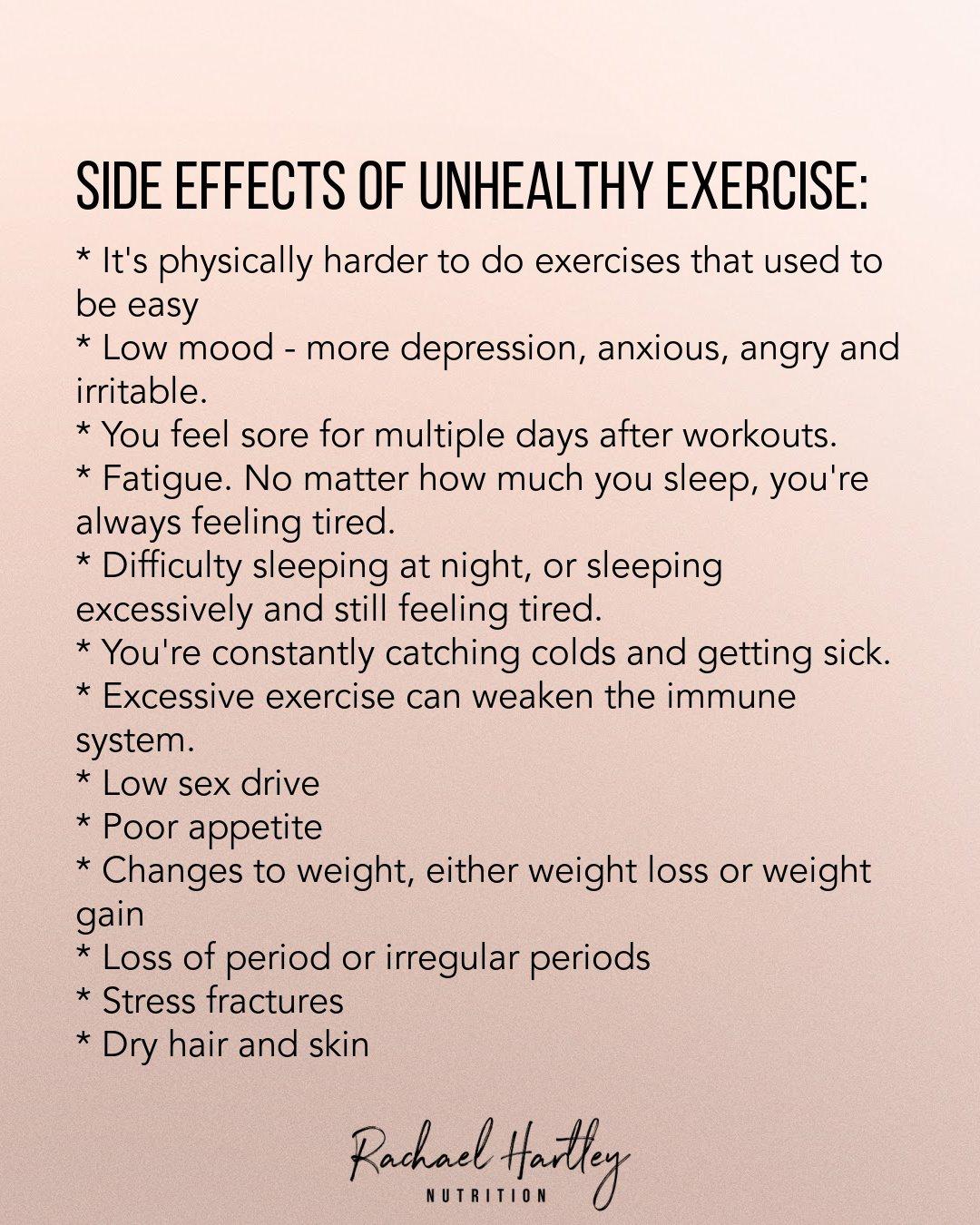In the quest for fitness, the mantra “more is better” often echoes through gym halls and resonates in the minds of the health-conscious. Yet, the path to weight loss is a delicate balance, where the scales can tip unexpectedly. As enthusiasts lace up their running shoes and dive into intense workout regimens, a curious paradox emerges: can over-exercising, a seemingly surefire way to shed pounds, actually stall progress? This article delves into the nuanced relationship between exercise and weight loss, exploring how too much of a good thing might just be the unexpected obstacle standing in the way of your fitness goals. Through a lens of scientific insight and expert opinion, we unravel the complexities of how our bodies respond to the demands of excessive physical exertion, and what it truly means for those on the journey to a healthier self.
When More is Less: Understanding the Impact of Excessive Exercise
Engaging in regular physical activity is undoubtedly beneficial for overall health and fitness. However, when exercise becomes excessive, it can paradoxically stall your weight loss journey. Over-exercising can lead to a phenomenon where the body starts to conserve energy rather than burn it. This happens because your body perceives the excessive physical exertion as a stressor, triggering a physiological response that includes the release of stress hormones like cortisol. Elevated levels of cortisol can, in turn, lead to increased fat storage, particularly around the abdomen.
Additionally, pushing your body beyond its limits can result in a range of negative side effects, such as:
- Increased risk of injuries due to muscle fatigue and improper recovery.
- Disrupted sleep patterns, which are crucial for metabolic health.
- Plateaus in weight loss progress due to metabolic adaptation.
- Reduced immune function, making the body more susceptible to illnesses.
By understanding the balance between exercise and rest, you can optimize your fitness routine to support, rather than hinder, your weight loss goals.

The Science Behind Over-Exercising and Metabolism Disruption
When engaging in intense physical activity, our bodies undergo significant stress, which initially can boost metabolism and aid in weight loss. However, over-exercising can paradoxically lead to a metabolic slowdown. This phenomenon occurs when the body enters a state of chronic stress, causing the release of the hormone cortisol. Elevated cortisol levels can disrupt the balance of hormones that regulate metabolism, potentially leading to weight retention or gain.
Moreover, excessive exercise can trigger the body’s survival mechanisms. The body may begin to conserve energy by reducing the metabolic rate in an effort to preserve vital functions. Some signs of this disruption include:
- Persistent fatigue despite regular exercise
- Plateauing or gaining weight even with increased physical activity
- Increased hunger and cravings, particularly for high-calorie foods
- Irregular menstrual cycles in women, indicating hormonal imbalance
Understanding the science behind these effects is crucial for maintaining a healthy balance between exercise and metabolic health.

Striking a Balance: Crafting an Effective Exercise Regimen
While it might seem counterintuitive, excessive exercise can actually stall your weight loss efforts. This happens because over-exercising can lead to increased stress levels in the body, which in turn raises cortisol, a hormone linked to fat retention. Striking a balance in your workout routine is crucial for maximizing results. Consider incorporating rest days and varying the intensity of your workouts to give your body time to recover and rebuild.
- Listen to Your Body: Pay attention to signs of fatigue or burnout, such as persistent soreness or lack of motivation.
- Mix Up Your Routine: Balance cardio with strength training and flexibility exercises to target different muscle groups.
- Prioritize Rest: Ensure you’re getting enough sleep and downtime to facilitate muscle repair and energy replenishment.
By understanding and respecting the limits of your body, you can create a sustainable and effective exercise regimen that supports your weight loss journey without compromising your health.

Listening to Your Body: Recognizing the Signs of Overtraining
When you’re pushing your limits in the gym, it can be easy to overlook the subtle signals your body sends out. Overtraining can sneak up on even the most dedicated fitness enthusiasts, often masquerading as progress. However, tuning into your body’s cues is crucial for maintaining a balanced exercise routine. Signs that you’re overdoing it can include persistent fatigue, decreased performance, and mood swings. Additionally, physical symptoms such as frequent injuries, prolonged muscle soreness, and a weakened immune system can indicate that your body needs a break.
- Fatigue: Feeling constantly tired or drained, even after a full night’s sleep.
- Performance Decline: Struggling to lift weights you previously managed or finding it difficult to complete your usual run.
- Increased Resting Heart Rate: Noticeable elevation in your resting heart rate, indicating your body is under stress.
- Sleep Disturbances: Difficulty falling asleep or staying asleep, which can further exacerbate fatigue.
- Emotional Changes: Experiencing irritability, anxiety, or depression more frequently.
Being aware of these signals and adjusting your routine accordingly can help prevent overtraining. Remember, rest is just as important as exercise in achieving your fitness goals, including weight loss. By balancing intensity with adequate recovery, you’ll be better positioned to enjoy sustainable progress without the setbacks of overtraining.

